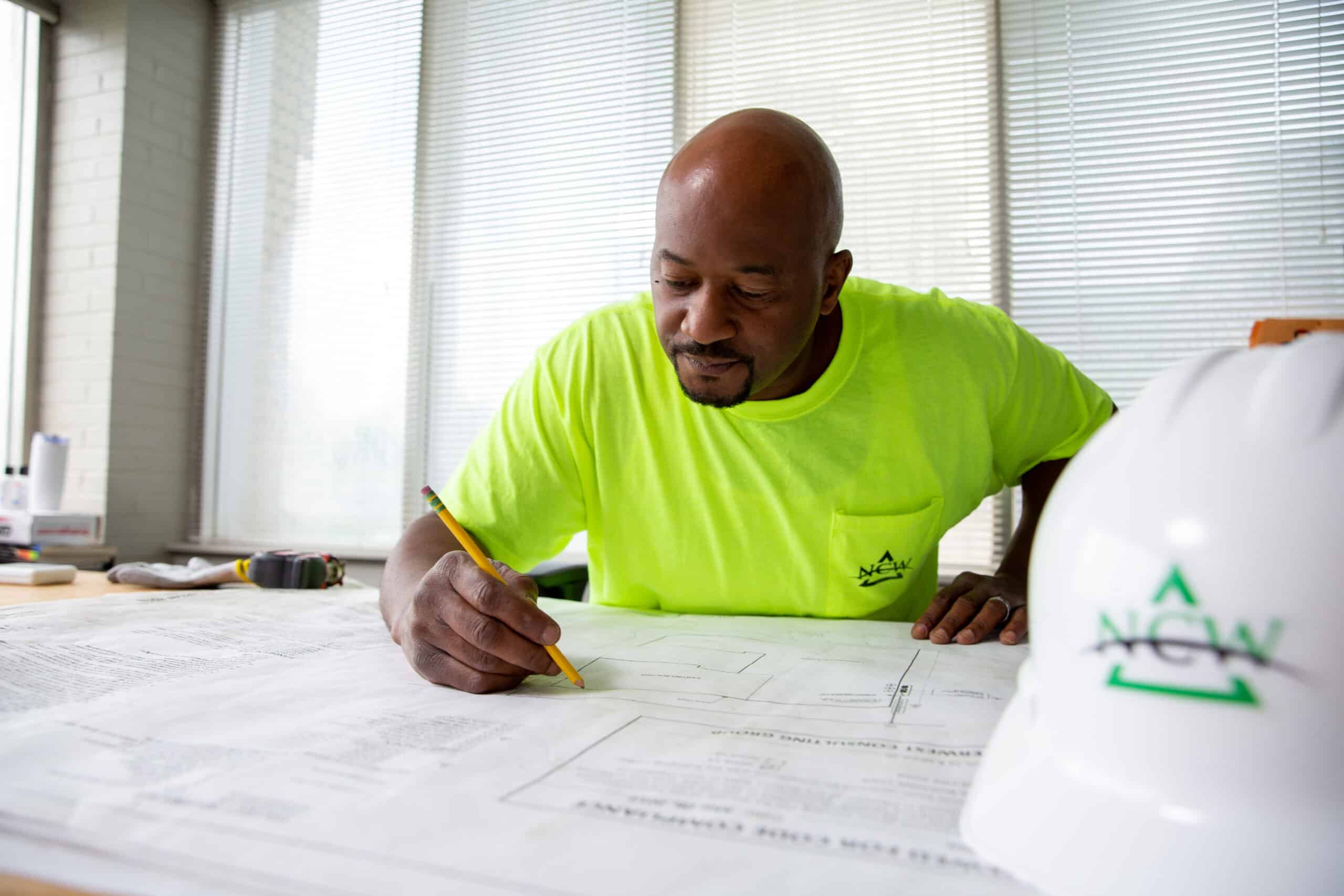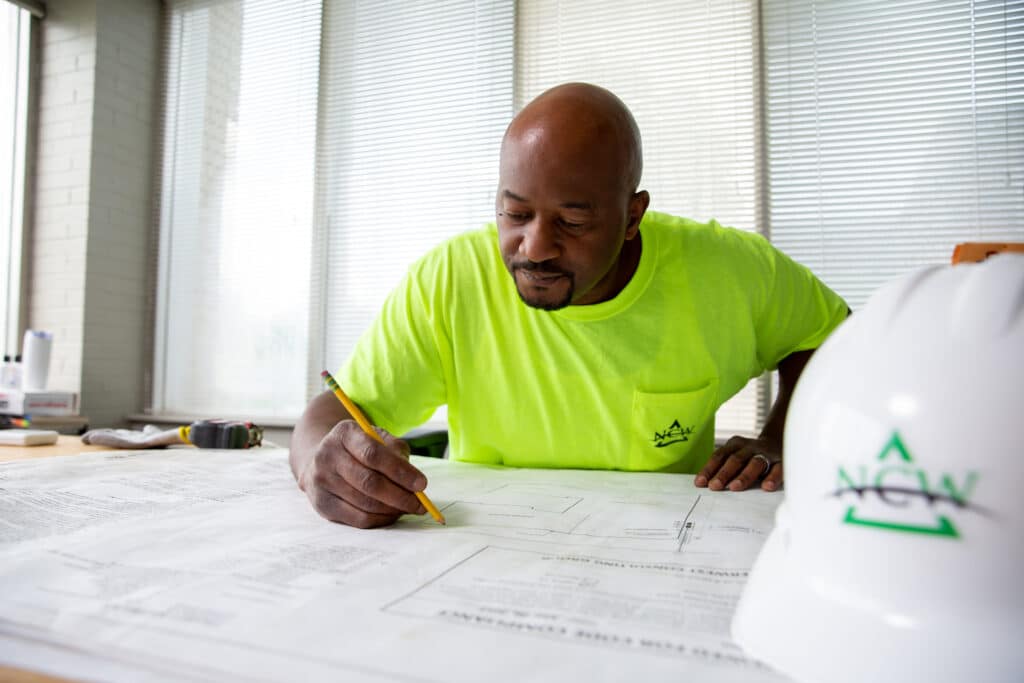
How to Become a Construction Project Manager
Construction project managers play an essential part in each step of the construction project workflow. Project managers in the construction industry supervise the project’s planning, budgeting, and execution. They are a liaison between suppliers, contractors, and stakeholders, emphasizing quality and efficiency.
A construction project manager may play various roles determined by the scope, intricacy, and nature of the project. Construction project managers may be in charge of a wider range of tasks on smaller projects. However, on larger projects, this construction job may become more specialized, and duties would be assigned to a groupings of project managers.

Construction Project Managers on the Rise
The U.S. Bureau of Labor Statistics projects that between 2018 and 2028, there will be a 10% rise in the employment of construction project managers. From 2022 to 2032, the employment of construction project managers is expected to expand by 5%, faster than the average for all occupations. Over the next ten years, there should be, on average, about 38,700 positions available for construction managers annually. Many of those positions will arise through needing to replace employees who change careers or leave the workforce for other reasons, such as retirement. In May, the typical yearly compensation for construction project managers was $104,900.
Considering these promising trends and lucrative salaries, there will be many new opportunities for those pursuing a career in construction project management.
How to Become a Construction Project Manager
Becoming a construction project manager requires a mix of formal education, practical experience, and specialized skills.
Initially, gaining the proper education and qualifications is fundamental for someone seeking a career as construction project manager. Usually, this begins with pursuing a degree in construction management, business management, architecture, engineering, or related disciplines. These types of programs will help provide an individual with a broad understanding of construction jobs, different methods of project management, and technical aspects. The type of coursework one should expect in their studies includes law, safety management, and business management, giving students a comprehensive set of knowledge needed for their future role.
Formal schooling and acquiring a degree provides a firm foundation. Obtaining practical experience through an internship or entry-level position is another way to develop skills and industry expertise. Gain practical experience through positions such as assistant project manager, field engineer, or site supervisor. On-the-job experience is essential for understanding the nature of construction work and management, such as budgeting, scheduling, quality control, and team coordination.
It is essential for construction project managers to acquire important skills alongside practical experience. Strong organizational skills, effective communication, leadership, and problem-solving abilities are among them. Proficiency with project management tools such as Microsoft Project, Monday, Procore, and Click Up is also beneficial. Learning about construction standards, safety laws, and environmental practices is helpful as well.
Construction Project Manager Certifications
There are no requirements by any association or labor regulatory board to obtain a certification to get a construction project manager job. However, many construction project managers are on job sites frequently, so a certification like the OSHA Outreach Training Program could help. It is offered as a 10-hour course to teach entry-level avoidance and prevention of workplace injury, and a 30-hour course intended for construction professionals on the job site as a manager or safety advisor. This certification is optimal for anyone walking onto a construction job site with zero project management training.
Additionally, earning a certification for construction project management such as Project Management Professional (PMP), or Certified Construction Manager (CCM) can further validate a construction project manager’s expertise and commitment to their career.
Steps to Become a Construction Project Manager
1. Pursue an Education
Having a degree in construction management, business management, architecture, engineering, or related fields can give comprehensive knowledge of the industry and the role of a construction project manager.
2. Gain the Necessary Skills and Qualifications
Having key skills such as strong organizational ability, excellent communication, leadership, problem-solving, and proficiency with project management software is essential for aspiring construction project managers, along with knowledge of building codes, safety regulations, and sustainability practices.
Coupling those key skills along with practical experience will make someone seeking a construction project management position a strong candidate. Roles like assistant project manager, field engineer, or site supervisor will serve as good foundations for understanding the complexities of construction jobs and management, including budgeting, scheduling, quality control, and team coordination.
3. Having Bonus Certifications
Even though having certifications is not a requirement, earning one can make for a stronger application or resume. Project Management Professional (PMP), Certified Construction Manager (CCM), and the OSHA Outreach Training Program are good places to start.
Next Steps
Ready to discover your success in the field? Connect with a recruiter and find work as a construction project manager today!
Submit your Resume Here
Click Here to Meet the NCW Team
